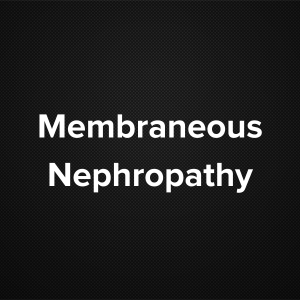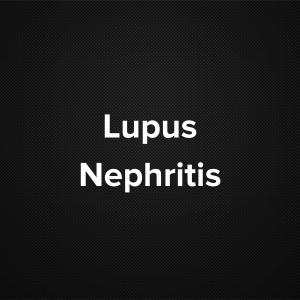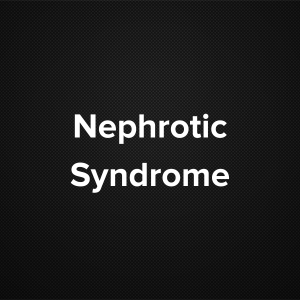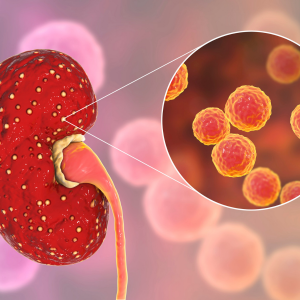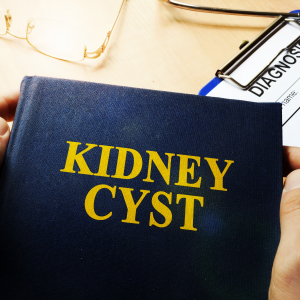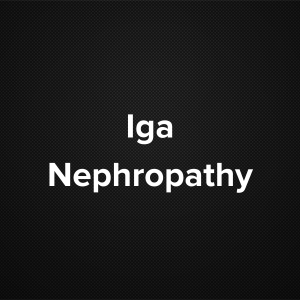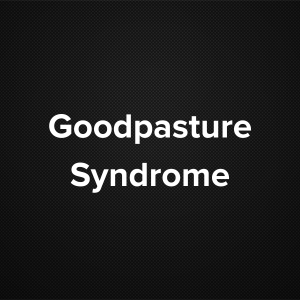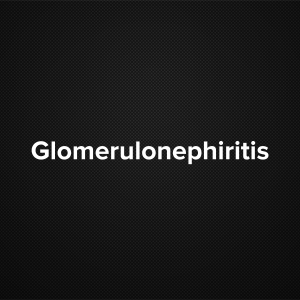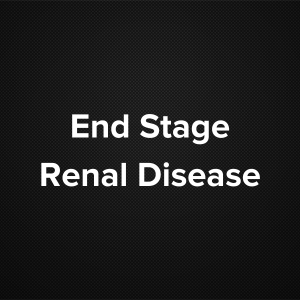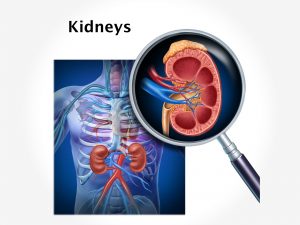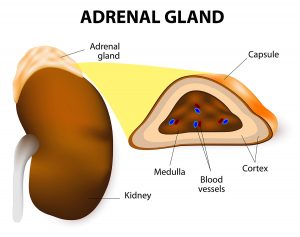Causes and risk factors:
Glomerulonephritis can be acute and chronic type. Glomerulonephritis can result due to diseases of the kidney itself or can be secondary due to certain other diseases. Acute glomerulonephritis can result as a complication of certain skin or throat infection mostly bacterial in nature. Streptococci infection is the most common infection causing glomerulonephritis. Certain other diseases like lupus, polyarteritis, Wegener diseases can also lead to acute glomerulonephritis.Altough rare acute glomerulonephritis can become long lasting and result into chronic glomerulonephritis. In majority of the cases of chronic affections the cause remains unknown. Changes in immune system can also lead to glomerulonephritis. In some cases it is inherited.
Clinical presentations:
Depending upon the pathological changes glomerulonephritis is broadly classified into two type’s i.e. proliferative and non proliferative type. It is also divided into two types acute or chronic. Puffiness of the face, excessive and bloody urine is the characteristic feature of glomerulonephritis. The urine is foamy with high protein content in it. High blood pressure, abdominal pain, nausea, cough, fever, muscle pain and fatigue are the other symptoms seen. Cramps in muscles, dryness and itching of skin and difficulty in sleepy are the other associated symptoms.
Diagnosis and investigations:
Diagnosis is done on the basis of symptoms narrated by the patient and the palpation of the abdomen carried out by the doctor. Certain investigations which are recommended are urine analysis (Urine Routine and urine culture), complete blood count and renal function test. Kidney biopsy is confirmatory. Renal ultrasound or CT scan, intravenous urogram are the other investigations which can be done. Certain other test can be done to monitor the other underlying causes and other affections.
Treatment:
Determining the type and cause of glomerulonephritis is very essential for initiation of treatment. Although there is no specific line of treatment, the main aim is to prevent the damage of the kidney. Treating the underlying cause is the main line of treatment. The person is hospitalized and is kept under close monitoring. IV fluids are started, diuretic agents, ACE inhibitors are administered. Fluid replacement therapy along with Hemodylasis is done to remove the waste products of the body in severe cases. Avoidance of nephrotoxic substances is the most important measure to be implemented. Well balance nutrition intake is mandatory for patients with kidney affection.
Other modes of treatment:
The other modes of treatment can also be effective in treating kidney affection. Homoeopathy is a science which deals with individualization and considers a person in a holistic way. This science can be helpful in combating the symptoms.

